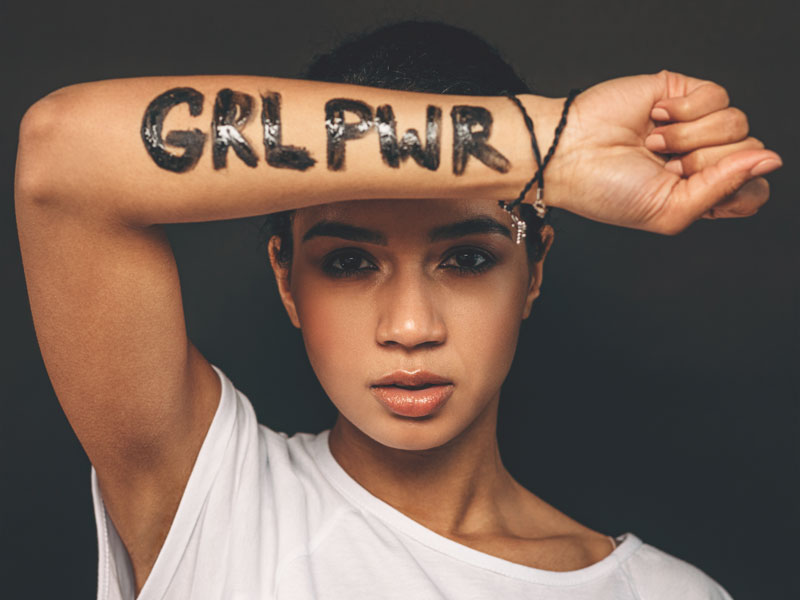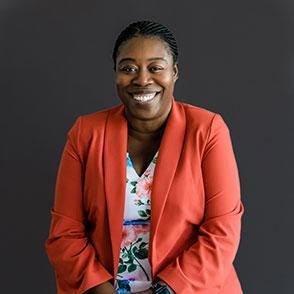
Looking to the future…
Growing up in an era of evolution can be viewed as liberating and terrifying at the same time. It is not too hard to imagine that there was a time where females were viewed only as nurturers, responsible for the care and wellbeing of the family, men as the providers and protectors. We then entered the era of post-World War II and the economic boom. This was the Baby Boomer era, a generation of confident, independent, self-reliant, and goal-oriented women who were not afraid to challenge the status quo. These activists fought for civil rights, women’s liberation, social equality. This generation raised their children with the idea that social change was possible, and they could be anything they wanted to be.
Self-reliant, resourceful, and individualistic, Gen Xersfelt the need to rely on themselves, growing in an era which witnessed the demise of the nuclear family. With higher rates of divorce than their predecessors, Xers had less parental supervision as both parents either worked outside of the home or theirs was a single parent household. This generation saw the dawn of the technological era, they were more educated than their parents, equally or in some instances more educated than their male counterparts but the struggle to eradicate systematic discrimination continued.
Fast forward to the present, to an era which looks different from the post-World War II generation technologically but continue to advocate for change. To a generation who see the world through different lenses, who are more open-minded, liberal, passionate, and comfortable driving change. They are exposed to a more diverse world where the goal is acceptance of people from different cultures, religions, and sexual orientations.
The issue of gender parity is complex and requires action on many fronts. Each generation, building on the gains of the previous one, still faces challenges. Many strides have been made, cracks appear in the glass ceiling, but there is still a lot of work to be done to achieve gender parity, to ensure that there is sufficient diversity and inclusion within boardrooms.
The World Economic Forum Global Gender Gap Report 2020 suggests that it could take a further 99.5yrs to achieve gender parity and even longer based on the 2020 pandemic impact. With Millennials and Gen Z, entering the workforce, how will this influence the way organizations do business? Organizations will have to embrace diversity, recognize that one size never could fit all, and these generations have more choices than ever before. More platforms to speak out and access to a wider audience of listeners. They will have to do more than speak about equality, they must make it a reality.
“Gender equality is the only chance for the progress of humanity. Don’t close your eyes to discrimination.” – Klaus Iohannis. This is a call to action, a call to challenge gender bias and inequality, to be an agent of change now, and for future generations.

Tracy-Ann a native from Barbados, relocated to the Cayman Islands with her husband in 2008 bringing with her over 13 years of experience managing staffing, employee compensation, benefits, labour relations and general HR Administration.

